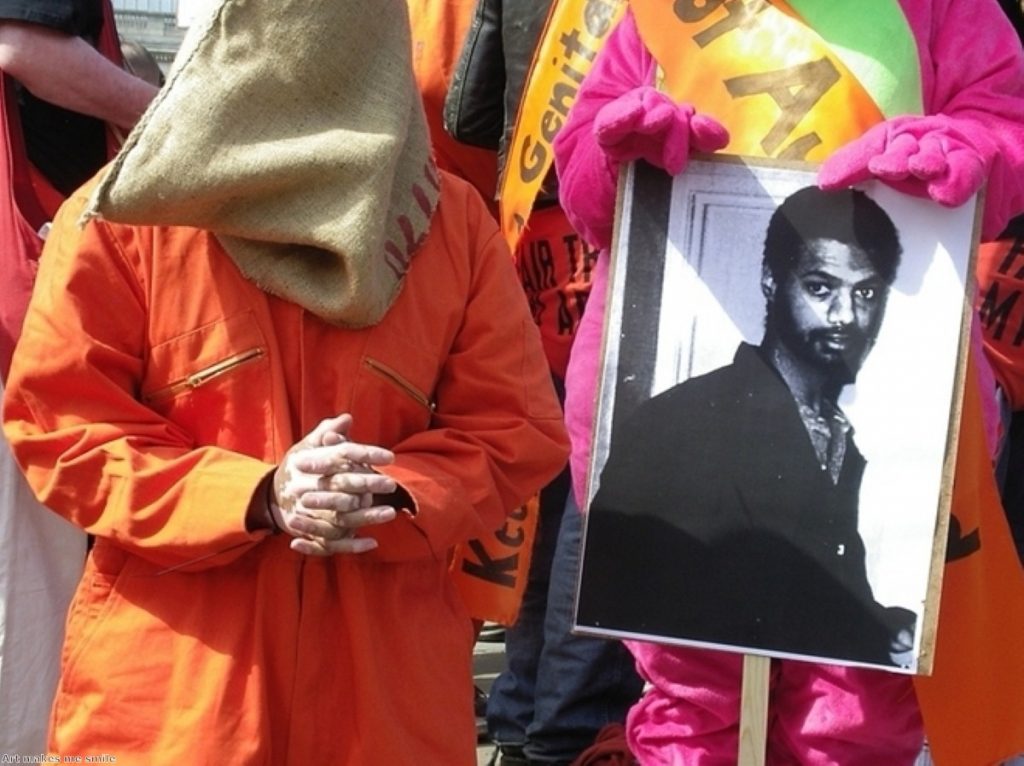Cameron announces torture inquiry
David Cameron has announced the details of an inquiry into British collusion in torture, as the government tries to lay to rest continued controversy over the UK’s role in the war on terror.
Speculation that intelligence and security agencies had been lobbying for the inquiry to take place in secret and for it to be given narrow terms of reference was partially confirmed as the prime minister said sections of the inquiry would be held behind closed doors.
“It is not possible to have a full public inquiry into something which is meant to be secret,” Mr Cameron pressed.


“That does not mean we cannot get to the bottom of what happened.”
Its remit extends beyond Britain’s role in the rendition of six men to Guantanamo, however, with Mr Cameron promising that a range of issues would be looked at.
“It will look at whether Britain was implicated in the improper treatment of detainees held by other countries that may have occurred in the aftermath of 9/11,” Mr Cameron added.
“Should we have realised sooner that what foreign agencies were doing may have been unacceptable and that we shouldn’t be associated with it?
“Did we allow our own standards to slip – either systemically or individually? Did we give clear enough guidance to officers in the field?”
Sir Peter Gibson, currently the statutory commissioner for the intelligence services, will chair the inquiry.
“The use of torture is morally abhorrent,” Harriet Harman said in response.
“It’s a grave crime against humanity and its prohibition is embodied in international law. There must be no excuse for those who turn a blind eye to it.”
Mr Cameron said mediation with those who have brought civil claims would be sought, with compensation offered “wherever appropriate”.
Reprieve’s secret prisons investigator, Tim Cooke Hurle, said: “The previous government’s addiction to secrecy has eroded public trust in politicians and in our security services.
“We welcome the prime minister’s announcement, but without openness, transparency, and frank disclosure this inquiry will be seen as a whitewash. We cannot learn from history unless we know what it is.”
Separately the government finally published the guidance provided on how to deal with detainees held by other countries which the last government had said it would release but failed to do so.
It stated that Britain’s armed forces should “never take any action where they know or believe that torture will occur”.
Anti-torture groups were extremely sceptical of the coalition’s decision not to publish any of the previous guidence, which many suspect offered room for security services to engage in inhumane activity.
Tom Brake, co-chair of the Liberal Democrat parliamentary committee for home affairs, justice and equality, said: “At long last we can hope to see an end to Labour’s shameful legacy on human rights.
“This inquiry will be the coalition government’s opportunity to get to the bottom of what are very serious allegations levelled at our security services.
“From Iraq to accusations of government complicity in torture, Labour has left Britain’s international reputation in tatters.”

